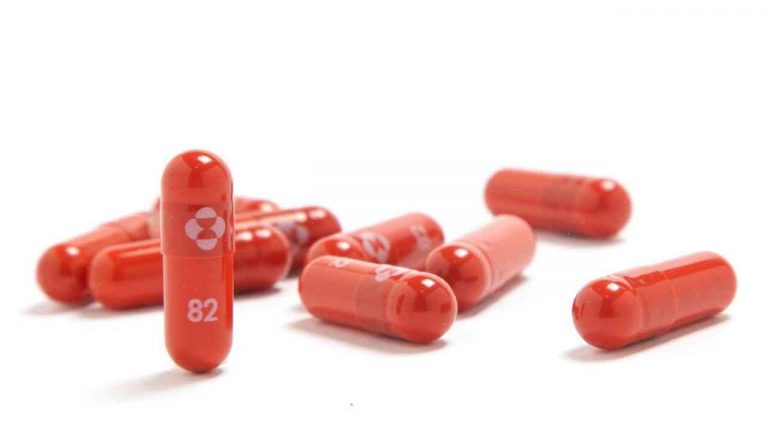Written by Staff Writer James O’Toole, CNN
New Drugs for Men, CMD.com
In 2018, the FDA approved 73 new drugs; seven of which were antidepressants. The agency approved a similar number in 2017. But a new drug is beginning to challenge this roughly 30-year trend of optimism for American patients seeking drug treatment for depression and other mental disorders.
The drug, codenamed MAT3261686, is Merck’s MK-8931, a drug with a novel design as well as an unconventional name: Merck Co. To make its depression drug, the drugmaker combines two proven anti-depressants into a single pill.
The procedure cuts down on the drug’s potential for drug interactions, but its promise may prove insufficient, some medical experts have warned.
ADHD medication clearance rates fall despite increases in medication
Federal health watchdog the Food and Drug Administration is considering approving Merck’s pill as the first cognitive-enhancing compound for depression. Federal health watchdog the Food and Drug Administration is considering approving Merck’s pill as the first cognitive-enhancing compound for depression. Read more
It targets the NMDA receptor for activating serotonin, a brain chemical that can make depressed patients feel better. The NMDA receptor is less abundant in the brain of patients with depression.
Is this the first drug that blocks the NMDA receptor?
“I believe that no,” said Dr. Paul Hartshorn, a psychiatrist at the University of California, San Francisco, in a phone interview with CNN. “This is the first FDA-approved drug that has what’s known as an NMDA receptor blocker. The other ones … in the past, there was no evidence of it having therapeutic benefit, so it was kind of rejected.”
Hartshorn authored a study published last year that examined MMNDA blockers in study participants with depression or anxiety. The results indicated that they decreased anxiety and depressive symptoms over time, but that the jury was still out on whether these drugs could be a useful treatment for patients with depression.
Mental health professionals “were not convinced that they were more effective,” Hartshorn said, while patients “were much more confident in the treatments that were already on the market,” like Prozac and Zoloft.
The wait is over
“We have tremendous medical needs in the United States for mental health medicines,” Dr. Robert David, an assistant professor of psychiatry at Georgetown University Medical Center, told CNN. “Any new pill that may make these medications safer and more effective is worth looking at very closely.
“You have seen over the last 30 years that biologics, or molecules that are grown in the lab, that are designed by researchers to have something novel and significant, that can do something in medicine,” David said. “There is a point where you hit that sweet spot.”
Sometimes, this “sweet spot” may be reached with no change to the size or origin of the molecule. “There are some medicines that could have some performance that may be different than other medicines,” David said. “But this is not the case with this particular depression medicine.”
Hartshorn noted that he hopes that the first drug to eliminate NMDA receptors will have fewer side effects than the treatment currently on the market.
In its application to the FDA, Merck cites information obtained from eight patients, including two with experienced symptoms in depression therapy. The patients’ greatest concern was mild gastrointestinal side effects, which fell to zero after taking the medication. However, some of the patients reported abnormalities in their blood pressure, indicating possible cardiovascular side effects.
Dementia patients don’t need medication, study says
This detailed information is critical for the FDA, which defines its monotherapy approval policies using certain guidelines. It looks to evaluate whether patients experiencing treatment-resistant depression experienced benefit at a statistically meaningful level.
Medications that reduce depressed patients’ suicide attempts can go on to be promoted for various indications, such as bipolar disorder.
How does this treatment square with the increasing recognition of the ill effects of mental drugs?
“I think [the FDA] should really consider that what they’re seeing in patients with depression or anxiety is that most of these drugs are not working very well,” Hartshorn said.
“Of course, a medication that’s well tolerated and helps some patients has the potential to be beneficial,” he said. “But there’s this ‘too little, too late’ effect of physicians saying, ‘Oh, I’m not helping him and now I need to prescribe another medication.’ Then we have un-responders.”
“Anything that’s so early that you only heard about it through word of mouth,” Hartshorn said, is unlikely to be suitable for the needs of patients who are actively experiencing treatment resistant depression.
